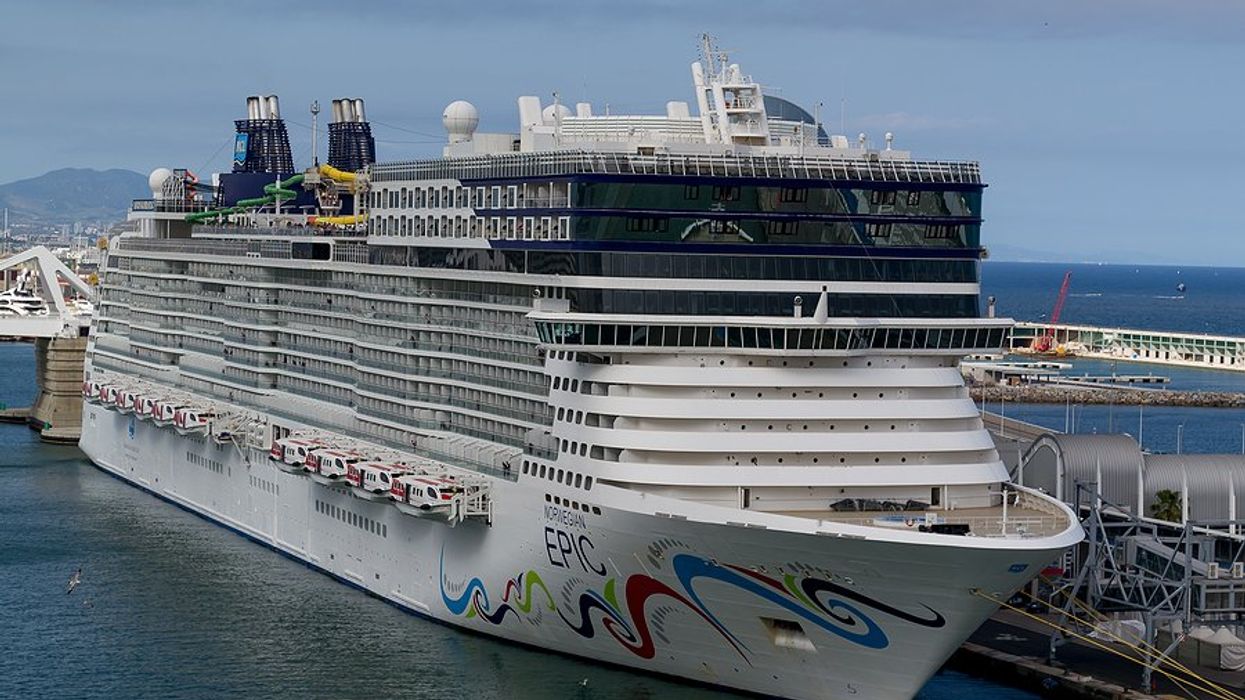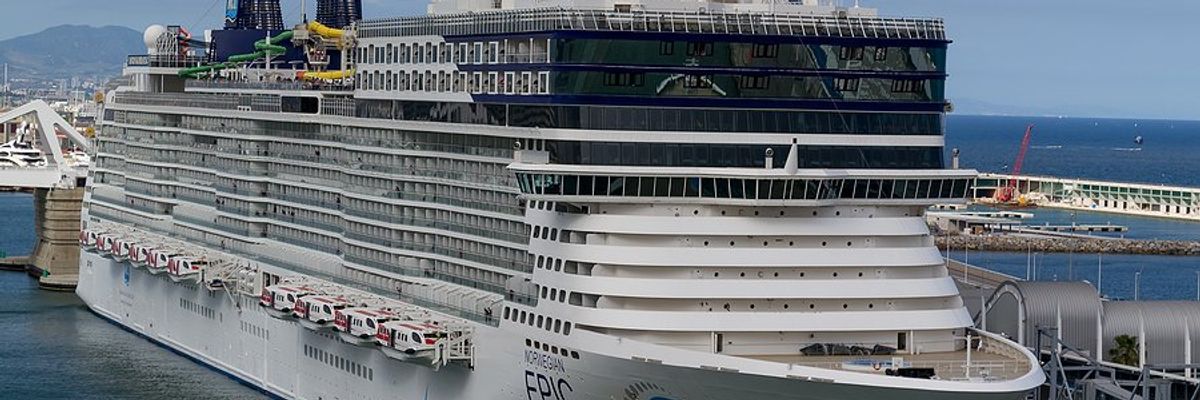As Mediterranean cruising rebounds, cities from Barcelona to Venice are tightening rules on the floating resorts’ engines to cut sulfur, soot, and methane at the dock.
Doug Struck reports for The Christian Science Monitor.
In short
- Barcelona’s port emitted nearly three times more sulfur oxides from cruise vessels than all the city’s cars in 2022, watchdog data show.
- City officials will close two of seven cruise terminals by 2030 and equip every berth with shore-side electricity so ships can power down engines.
- Global cruise demand bounced from 30 million passengers in 2019 to 35 million last year and is forecast to reach 42 million by 2028, intensifying pollution risks.
Key quote:
"You could put a levy on cruise ships, which directly goes into green technology. Cruising is a luxury product. It’s not a necessity."
— Sam Hargreaves of the Brussels-based nonprofit Transport & Environment
Why this matters:
Modern cruise liners are floating high-rise hotels that burn some of the dirtiest fuel still legal at sea. Their smokestacks pour out sulfur dioxide, nitrogen oxides, black carbon and methane, a greenhouse gas far stronger than carbon dioxide, blanketing port neighborhoods already coping with road traffic fumes. Doctors link these pollutants to asthma attacks, heart disease, and premature deaths; ecologists warn that acidifying fallout and scrubber wash-water threaten plankton, coral, and shell-forming species foundational to marine food webs. With the Mediterranean now the world’s second-busiest cruising basin, decisions by Barcelona, Venice, and other gateways will determine whether tourism dollars arrive hand-in-hand with cleaner air or lock seaside communities into decades of avoidable harm.
Related: Rivers take center stage in Europe's climate strategy
















